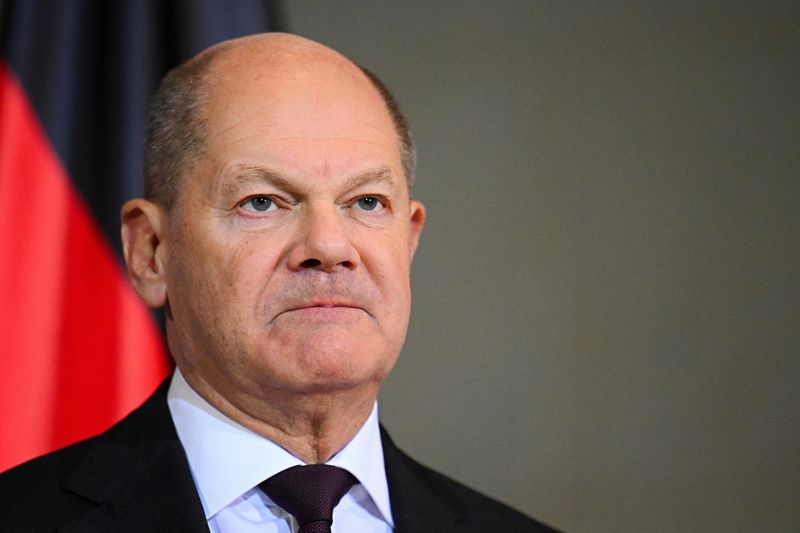AI Sentiment: Neutral
Reason: The article discusses the upcoming German federal election and the potential impact on the European Union's direction, but does not mention any specific company or cryptocurrency.
With the federal election in Germany set for September 26, 2021, the political atmosphere is buzzing with a variety of parties and policy debates. This election is particularly significant as it is the first in 16 years without Angela Merkel, the incumbent chancellor, as a candidate.
The top contenders for the chancellorship are Armin Laschet from Merkel's Christian Democratic Union (CDU), Olaf Scholz from the Social Democrats (SPD), and Annalena Baerbock from the Greens. Polls indicate a neck-and-neck race between CDU and SPD, with the Greens trailing behind. The Free Democratic Party (FDP), The Left, and the far-right Alternative for Germany (AfD) are also expected to secure seats in the parliament.
The election outcome will be determined using Germany's mixed-member proportional representation system. Voters have two votes: one for a direct candidate in their constituency, and another for a party list in their state. The Bundestag, Germany's federal parliament, must have at least 598 members, but can increase depending on the election outcome.
Key issues in the election debates include climate change, digitalization, housing, pensions, and how to finance the post-pandemic recovery. The Greens are pushing for a more aggressive approach to climate change, while CDU and SPD are focusing on economic recovery and social justice issues. The FDP is advocating for tax cuts and pro-business policies, The Left is pressing for higher minimum wages and wealth tax, and the AfD is focusing on immigration and EU-scepticism.
Germany's new government will have a major influence on the European Union's direction, especially with regards to the bloc's approach to climate change, digitalization, and economic recovery. The election outcome will also determine Germany's stance on critical international issues, such as relations with China and Russia, NATO defense spending, and the future of the EU.
Regardless of the election outcome, Germany is expected to continue its tradition of coalition governments. The CDU/CSU and SPD grand coalition, which has dominated German politics for much of the post-war era, could be replaced by a traffic light coalition (SPD, Greens, FDP) or a Jamaica coalition (CDU/CSU, Greens, FDP).




